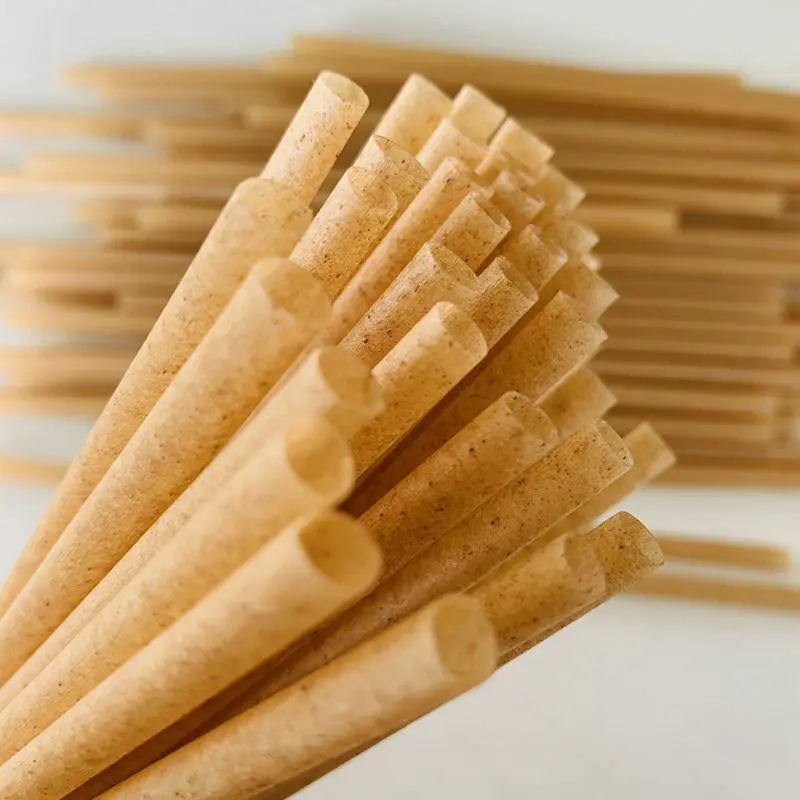Checking Out Sugarcane Products: Versatile Utilizes and Profits
The expedition of sugarcane products exposes an amazing variety of applications that expand well past the familiar world of sweeteners. As we analyze the multifaceted payments of sugarcane, one may question how these varied usages can improve industries and lifestyles in a rapidly developing globe.
Summary of Sugarcane
Although sugarcane is usually connected largely with sugar manufacturing, it is a functional crop with an abundant background and many applications. Cultivated in subtropical and tropical areas, sugarcane thrives in well-drained dirts and warm environments, adding considerably to several economic climates worldwide. This seasonal turf, coming from the category Saccharum, can expand to elevations of approximately 4 meters, showcasing its durable nature.
Past its primary function in sugar removal, sugarcane works as an essential resource for various spin-offs. The coarse residue, referred to as bagasse, is utilized for generating bioenergy and as a basic material for making paper and eco-friendly items. Furthermore, molasses, a spin-off of sugar refining, is abundant in nutrients and typically made use of in pet feed and fermentation procedures.
Sugarcane also plays a significant duty in typical medications and cultural practices in several areas, highlighting its significance past industrial usage (sugarcane product). Additionally, with the raising concentrate on sustainable farming methods, sugarcane is being discovered for its possibility in biofuels and carbon capture, positioning it as a principal in the change towards renewable energy sources. Hence, the convenience of sugarcane prolongs far past the boundaries of sugar production
Sugarcane in Food Products


Beyond sugar, sugarcane is the source of energy-rich products such as jaggery and panela, which are typical unrefined sugars made use of in many societies. These products not just sweeten foods but likewise impart one-of-a-kind flavors and nutritional advantages.
Sugarcane juice, a refreshing drink enjoyed in numerous tropical areas, showcases the plant's versatility. It is typically taken in fresh or fermented into alcoholic beverages like rum.
In addition, sugarcane fibers, called bagasse, are in some cases made use of to produce food packaging products, emphasizing the ecological advantages of sugarcane handling. Overall, sugarcane's payment to food is multifaceted, enhancing flavors, providing dietary worth, and playing a substantial function in cooking practices worldwide.
Industrial Applications of Sugarcane
In numerous markets, the versatility of sugarcane prolongs far beyond its cooking applications. Sugarcane serves as a vital resources in the manufacturing of biofuels, specifically ethanol, which is increasingly made use of as a renewable power source. This biofuel is derived with fermentation and distillation processes, offering a lasting alternative to nonrenewable fuel sources and contributing to a reduction in greenhouse gas emissions.

Furthermore, the sugarcane sector has actually discovered applications in drugs, where its elements are made use of in the formula of different medical products. The natural substances removed from sugarcane exhibit antimicrobial and antioxidant residential properties, improving the efficacy of certain drugs.
Lastly, sugarcane is essential to the production of a range of chemicals, consisting of glycerol and natural acids, which are essential for various industrial procedures. These applications highlight sugarcane's significant role in promoting commercial sustainability and technology.
Ecological Advantages of Sugarcane
The multifaceted applications of sugarcane not just boost commercial procedures however additionally contribute dramatically to environmental sustainability. As a renewable energy, sugarcane growing plays a crucial duty in carbon sequestration, taking in substantial amounts of co2 from the atmosphere. This procedure helps minimize environment adjustment by lowering greenhouse gas concentrations.
Moreover, sugarcane byproducts, such as bagasse and molasses, use eco-friendly options to standard materials. Bagasse, the coarse residue after juice removal, can be used as a biomass fuel, minimizing reliance on fossil fuels and promoting cleaner power sources. Additionally, molasses can be transformed right into bioethanol, even more supporting lasting energy campaigns.
Sugarcane farming likewise promotes biodiversity and soil wellness. Lasting agricultural methods, such as intercropping and crop rotation, boost dirt fertility and decrease disintegration. The crop's deep root system aids in water retention, therefore improving and sustaining regional ecological communities resilience versus drought.
Health Advantages of Sugarcane
Rich in crucial nutrients and all-natural sugars, sugarcane offers numerous health benefits that make it an important addition to a well balanced diet plan. Its high fiber web content aids in digestion, advertising gut wellness and avoiding bowel irregularity. In addition, sugarcane gives anti-oxidants, which deal with oxidative stress and anxiety and may reduce the threat of persistent illness.
Furthermore, sugarcane juice is known for its hydrating buildings, making Homepage it a superb beverage selection, specifically in warm environments. The all-natural sugars present in sugarcane provide a fast power increase, useful for athletes and those engaged in physical activities. It additionally has important vitamins and minerals, such as vitamin C, calcium, potassium, and magnesium, which add to overall health.
Studies recommend that sugarcane might help manage blood sugar level levels, making it a more effective sugar for individuals with diabetes when consumed in small amounts. In addition, its anti-inflammatory homes can sustain liver health and wellness and aid in detoxing.
Verdict
To conclude, sugarcane becomes a very functional crop with considerable contributions important site to different sectors. Its varied applications in food items, industrial uses, and ecological sustainability underscore its significance. The spin-offs of sugarcane, such as bagasse and molasses, help with green methods, while its wellness advantages enhance general well-being. The diverse nature of sugarcane not just supports economic growth but also promotes sustainable advancement, highlighting its value in modern culture.
Although sugarcane is usually associated mainly with sugar manufacturing, it is a functional crop with a rich background and countless applications.Past its primary role in sugar extraction, sugarcane offers as a crucial resource for numerous by-products. Primarily known for creating sugar, sugarcane is transformed into granulated sugar, brown sugar, and molasses, each serving unique cooking functions.Rich in all-natural sugars and essential nutrients, sugarcane offers numerous health advantages that make it a valuable addition to a balanced diet. The all-natural sugars existing in sugarcane give a fast power increase, helpful for professional athletes and those engaged in physical activities.